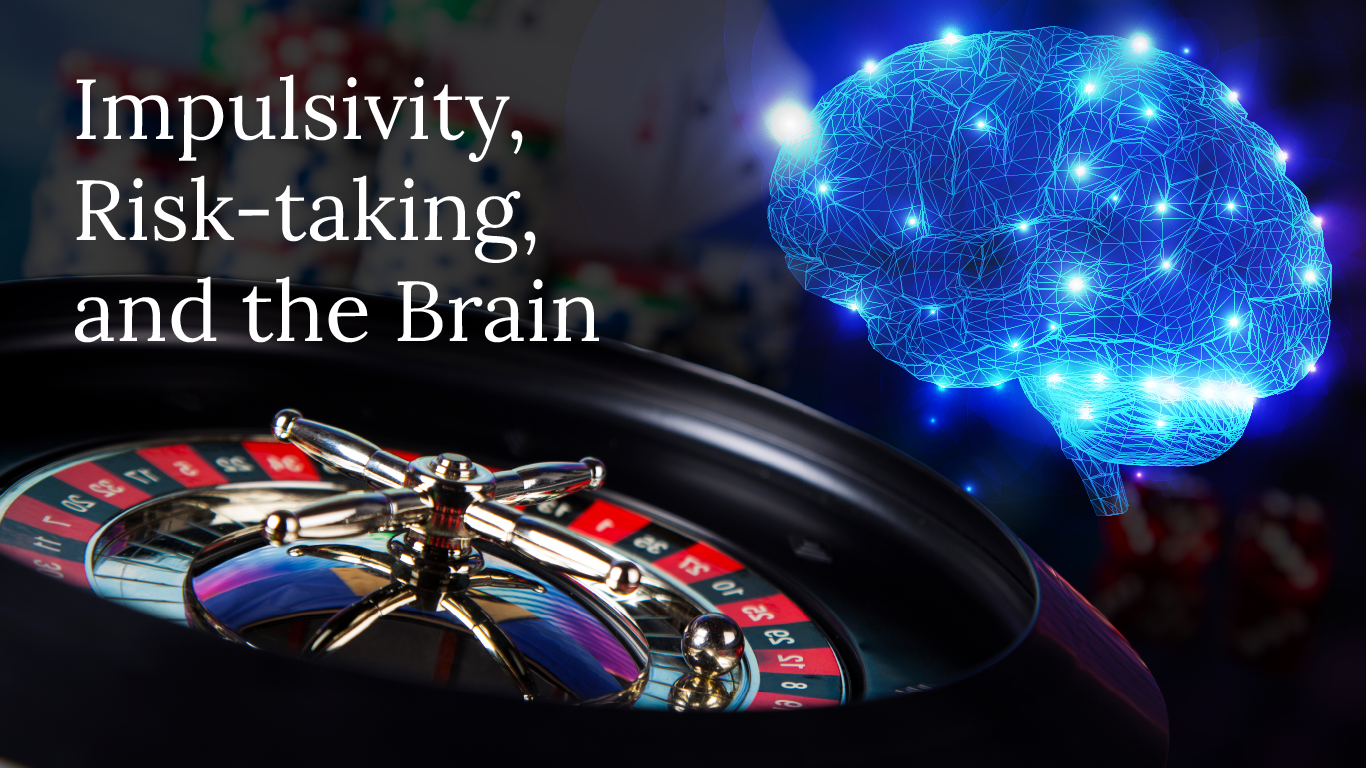Extending AUD Research: Downstate Team Maps Reward Responses
By Office of the President | Nov 4, 2025

What happens in the brain when we win—or lose? Researchers in Downstate’s Henri Begleiter Neurodynamics Laboratory (HBNL) have taken a closer look, using advanced brain imaging to trace how healthy young adults process rewards. The project builds directly on techniques the lab pioneered to study Alcohol Use Disorder (AUD), now applied to typical reward responses in the general population.
In the study, led by Chella Kamarajan, Ph.D., Assistant Professor of Psychiatry and chair of Psychiatry’s Research Committee, 30 volunteers played a gambling game while undergoing functional MRI. The scans revealed that several brain regions fired more intensely after wins than after losses, and that these areas often collaborated, suggesting a coordinated network response.
The research also uncovered intriguing brain–behavior links:
- Participants with higher impulsivity scores showed weaker reward responses, echoing patterns often observed in addiction studies.
- Those who placed riskier bets showed stronger activation in reward-related regions, while safer choices were linked to weaker activation.
- Memory and planning skills also showed modest associations with brain response, suggesting that cognitive function may influence reward sensitivity.
The team stresses that these results are preliminary. The sample was small and all-male, and only one aspect of reward processing—wins versus losses—was examined. Larger and more diverse studies will be needed to confirm the patterns.
Still, by linking impulsivity, risk-taking, and cognition with the brain’s reward system, this work offers a window into processes that may help explain why some individuals are more vulnerable to disorders like AUD or problem gambling. Indeed, the HBNL has reported differences in the brain’s reward network in those with AUD and in offspring at risk using EEG-based measures in earlier work led by Dr. Kamarajan.
Downstate’s Henri Begleiter Neurodynamics Laboratory has led NIH-supported research on the brain and genetics of alcoholism for decades. COGA (Collaborative Study on the Genetics of Alcoholism), a national project with nine centers throughout the USA, was conceived and first organized at Downstate under Henri Begleiter, Ph.D., with support from the NIAAA. For the last 19 years, Bernice Porjesz, Ph.D., who was Dr. Begleiter’s mentee, has continued this leadership as COGA’s national PI and Director of the HBNL.
Published in Behavioral Sciences. Supported by the National Institute on Alcohol Abuse and Alcoholism (NIAAA).
With many thanks to the study authors: From Downstate - Chella Kamarajan, Ph.D., first and corresponding author; Ashwini K. Pandey, Ph.D. Gayathri Pandey, Ph.D.; Sivan Kinreich, Ph.D.; Weipeng Kuang, M.S.; Jacquelyn L. Meyers, Ph.D.; and Bernice Porjesz, Ph.D., last/senior author. From Nathan Kline Institute/NYU: Babak A. Ardekani, Ph.D.